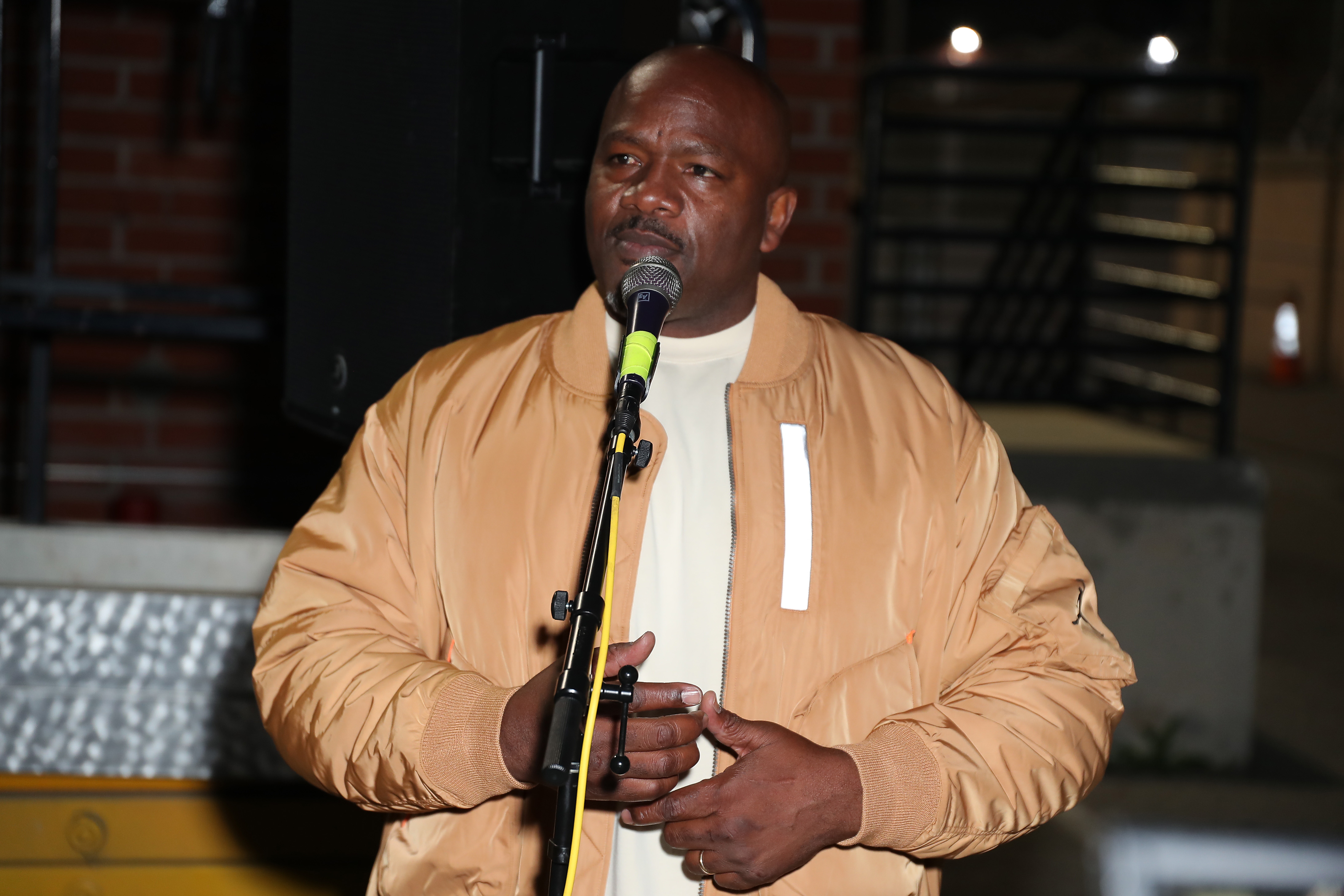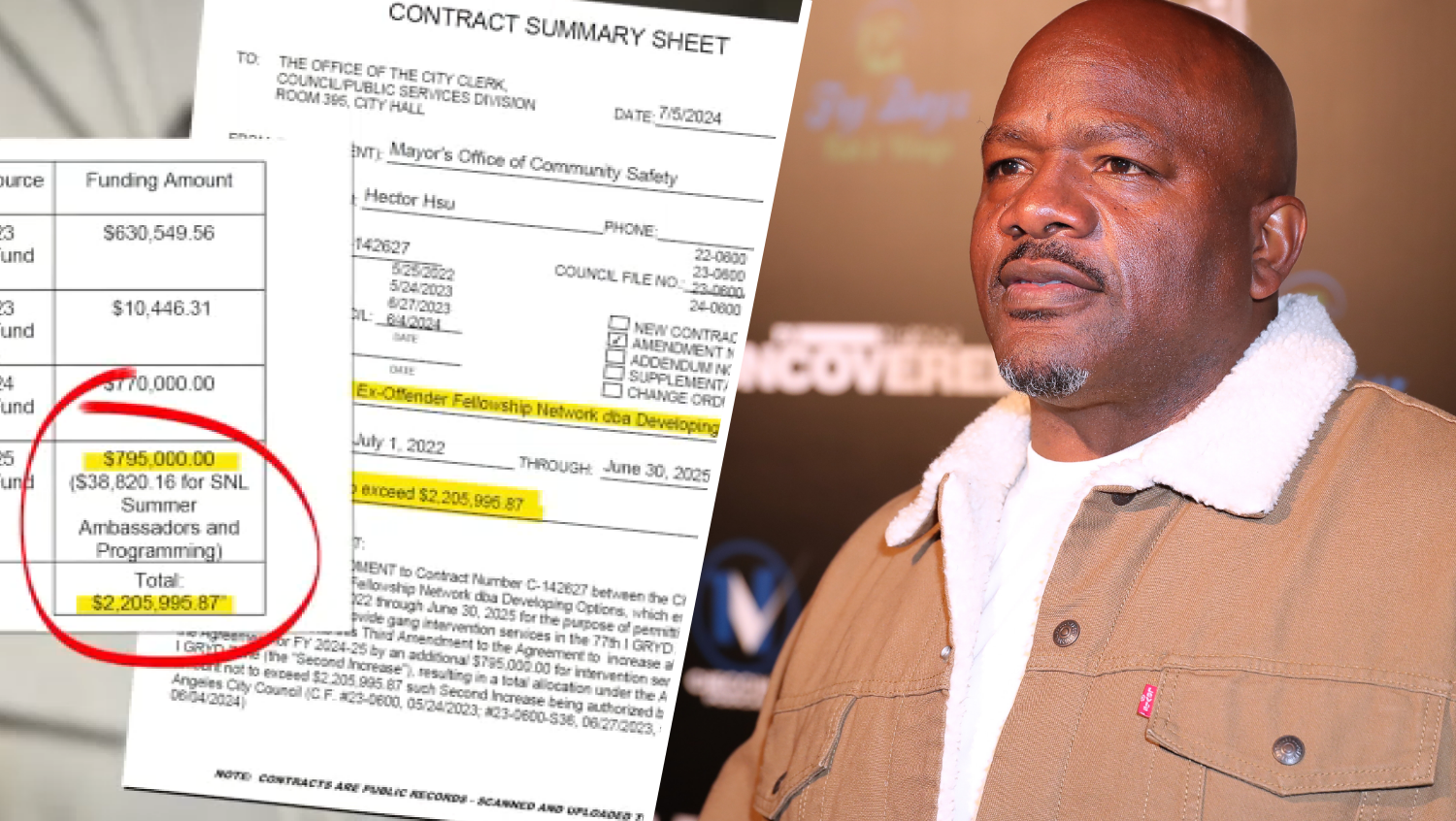Eugene “Big U” Henley made his first appearance in court Thursday as he faces charges for a series of racketeering crimes, including extortion, human trafficking, fraud, and the 2021 murder of an aspiring rap musician. Alex Rozier reports for the NBC4 News at 5 p.m. on March 20, 2025.
A federal grand jury indicted a leader of a South Los Angeles gang and a self-proclaimed anti-gang activist with 43 counts of felony crimes, the Department of Justice announced Thursday.
Eugene “Big U” Henley, Jr. faces a sprawling list of charges, including fraud, robbery, extortion.
Henley, being a long-time leader of Rollin' 60s Neighborhood Crips, utilized his gang ties to intimate business and people in Los Angeles, the DOJ said in a statement.
“Not only did the (Big U Enterprise) expand its power through violence, fear, and intimidation, but it also used social media platforms, documentaries, podcasts, interviews … to create fame and create fear,” the Justice Department said.
Get top local stories in Southern California delivered to you every morning. Sign up for NBC LA's News Headlines newsletter.
The indictment additionally revealed that Henley may have fraudulently obtained a COVID-19 business relief loan for his music label, Uneek Music even though that it was ineligible. Federal prosecutors did not say how much of the COVID relief funds Henley and his group received.
As part of the racketeering conspiracy charge, the grand jury also indicted Henley for turning off his phone and evading arrest when other members of his association were taken into custody during the early morning hours of March 19.
In a video clip posted on the Crenshaw Cougars account on Instagram, Henley claimed the FBI began investigating him based on false accusations on the Internet.
“If you have something against a Black man, you should handle it like a Black man on the street,” Henley said,
He also suggested racial profiling while suggesting the public not work with federal investigators.
“You don’t understand what the FBI does to a Black man trying to help the community,” Henley said.
Henley eventually turned himself “without his phones,” the DOJ said.
If convicted, Henley would face a maximum sentence of 20 years in federal prison just for the racketeering conspiracy charges alone. Other extortion and bank fraud charges could add decades more to his sentence.



